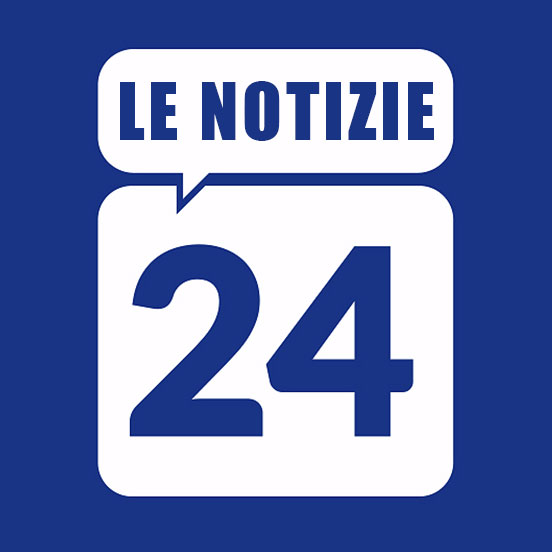Cannes Festival Opens its Doors to Militant Cinema: #MeToo, Wars, Iran, and Trump
The 77th edition of the Cannes Film Festival is set to open tomorrow night, and this year, the festival is not shying away from politics. Thierry Fremaux, the festival’s general delegate, made it clear that Cannes is a platform for artists to reflect our times through their work. “We don’t make politics; we select the best films and judge the quality of the art,” Fremaux stated. However, it is a fact that over the next two weeks on the Croisette, Cannes will be a melting pot of political discussions and high-risk controversies.
One of the hottest topics at this year’s festival is the #MeToo movement. French activist Judith Godrèche will be presenting her short film, “Moi Aussi” (MeToo), which denounces sexual violence and abuse. Godrèche herself has accused directors Benoit Jacquot and Jacques Doillon of assaulting her when she was just 15 years old. Her inclusion in the festival lineup has sparked rumors of more scandals and abuse stories that may come to light in the coming days. In fact, this morning, Godrèche joined a hundred activists in Paris to demand the resignation of Dominique Boutunnat, who is currently facing sexual assault charges and yet remains the president of the National Center for Cinema (CNC).
In addition to #MeToo, Cannes is expected to see other protests and movements highlighting gender equality in the film industry. On May 17th, a new study on gender parity in French cinema will be presented, following up on the groundbreaking “Collectif 50/50” initiative from five years ago. Moreover, French festival workers, who are often underpaid and face precarious conditions, have already announced their intention to protest on the famous red carpet. Fremaux has assured them of his support for better equity and fair wages.
But the festival’s political agenda doesn’t end there. The latest news is about Mohammad Rasoulof, the renowned Iranian director who is competing with his top-secret film, “Il seme del fico sacro” (The Sacred Fig Tree). Rasoulof was recently sentenced to eight years in prison and flogging by the Ayatollah regime. However, he has managed to flee his home country and is currently in a secret location in Europe. There are even rumors that he might make a surprise appearance at the festival’s world premiere. Rasoulof denounces the Iranian government’s targeting of protesters and civil rights activists and calls for the support of international film organizations.
Wars and conflicts are also a prominent theme at this year’s Cannes. Ukrainian director Sergei Loznitsa’s film, “L’invasione” (The Invasion), depicts the lives of civilians in Ukraine and their resilience in the face of the Russian invasion. Another politically charged film is Yolande Zauberman’s “La belle de Gaza,” which tells an LGBT story set between Tel Aviv and Gaza. When asked about the absence of Israeli films due to fears of demonstrations, Fremaux simply replied that they chose the best films without any political considerations.
Lastly, there is “The Apprentice” by Ali Abbasi, which explores the young Trump’s life, portrayed by Sebastian Stan. When asked if the film could disrupt the American elections, Fremaux dismissed the idea, citing the example of Michael Moore winning the Palme d’Or in 2004 with “Fahrenheit 9/11,” while George Bush still served as president until 2009.
As Cannes opens its doors to these politically charged films and discussions, it is clear that art and politics are inseparable. The festival provides an opportunity for filmmakers to shed light on important issues and challenge the status quo. Cannes is not just a celebration of cinema; it is a platform for dialogue and change.
